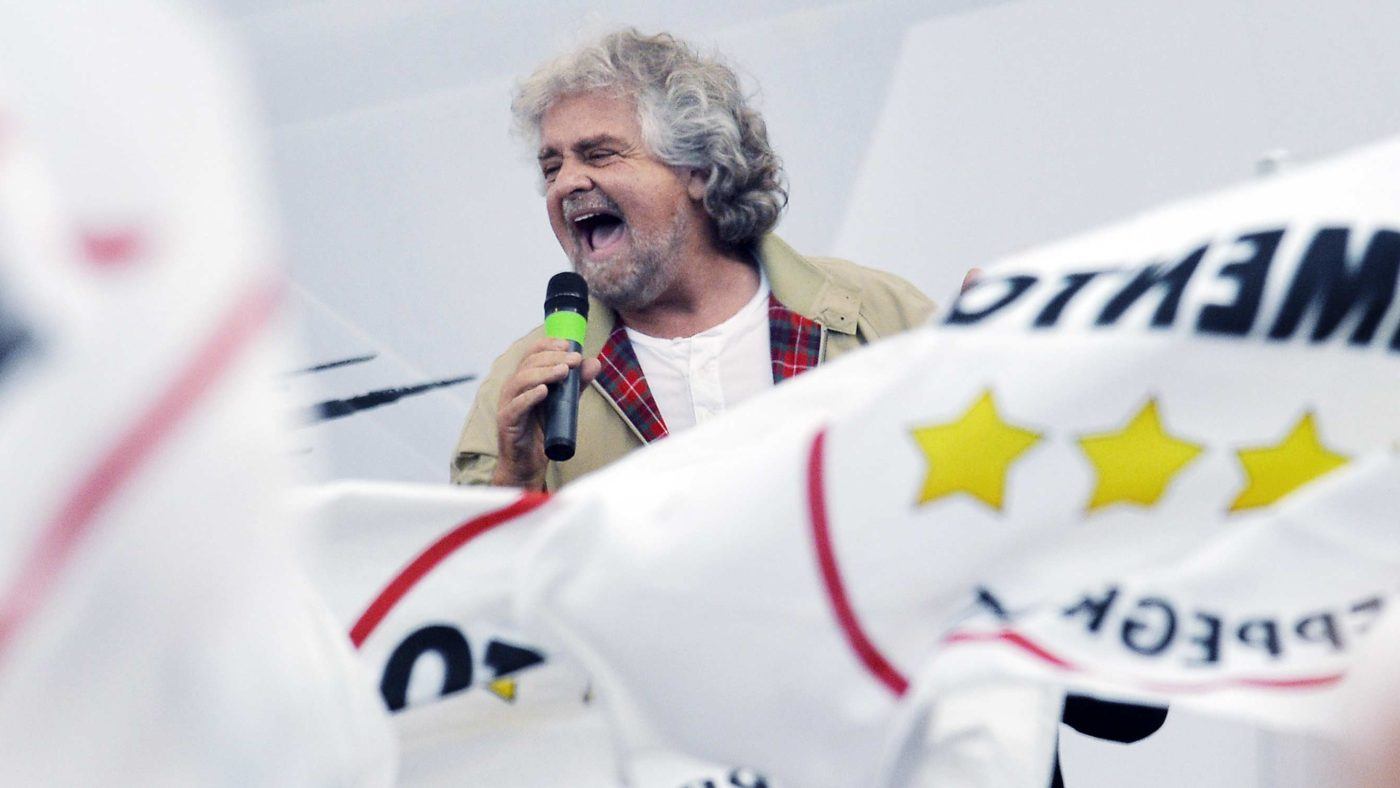This article is taken from CapX’s Weekly Briefing email. Sign up here.
In the chancelleries of Europe, in the gilded suburbs and Michelin-starred restaurants, the cry goes up: the populists are coming! The populists are coming! Not since Attila the Hun swept towards Rome has there been such fear and trembling.
With some justification. In both Italy and Austria, voters could this weekend deliver the latest hammer-blow to the forces of consensus and moderation – by rejecting the constitutional changes proposed by Italian prime minister Matteo Renzi, and thereby precipitating his resignation, and/or by electing Norbert Hofer, the smiling face of the Far Right, as Austria’s president.
Even if the system survives those two shocks, there is more to come.
France and Germany both go to the polls in 2017. Marine Le Pen of the Front National will almost certainly be on the final ballot in the first election – and Frauke Petry, leader of the insurgent Alternative für Deutschland party, is relishing the chance to castigate Angela Merkel as the immigrant’s friend.
But while we hear an awful lot about populism, we hear an awful lot less about the equal and opposite problem – technocracy.
The European Union is, at heart, a technocratic project – one reason why it has always been so reluctant to submit itself for popular endorsement. But it also tends to produce technocratic governance in individual nation-states.
After the euro, the ultimate expression of the Brussels ideal, succeeded in impoverishing half the continent, the governments that resulted were often as beholden to the international money-men as to their citizens, if not more so.
The result has been an ungainly gavotte, in country after country, between populism and technocracy. Grey men in suits take power. Disillusioned voters turn to colourful extremists. Colourful extremists screw everything up. Re-enter the men in grey.
This is not just about economics, of course: populist sentiment is on the rise even in those countries that have weathered the Eurozone storm (or, like Germany, are the structural beneficiaries of the system).
But the situation is obviously worse in countries, like Italy, where the situation is economically precarious – indeed, Serena Sileoni explained on CapX earlier this week quite what a horror show its public finances are.
These are also countries where a collapse could have knock-on consequences for the rest of the world. Yet even if every vote goes the way the panjandrums hope – and need – it to, the problem will only be kicked down the road.
There is obviously an argument that none of this can be fixed in a fundamental sense until the euro is either mended (via proper fiscal integration of the continent) or ended.
But in the immediate term, both technocracy and populism are dead ends: the one infuriates the voters, the other ultimately disappoints them.
Which is why, in many ways, the rise of Francois Fillon in France is so encouraging.
True, there will be few who find both halves of his personal policy cocktail of economic liberalism and social conservatism equally to their taste. But it is a recipe that addresses both aspects of Europe’s political crisis, promising simultaneously to galvanise and reassure.
Europe has long been a drag anchor on the world economy, and is likely to remain so. But the best way to improve its situation is for mainstream leaders to provide good economics with good politics – that is to say, reform with reassurance.
Doing so won’t keep the barbarians from the gates. But it might just prevent them from breaking through.


